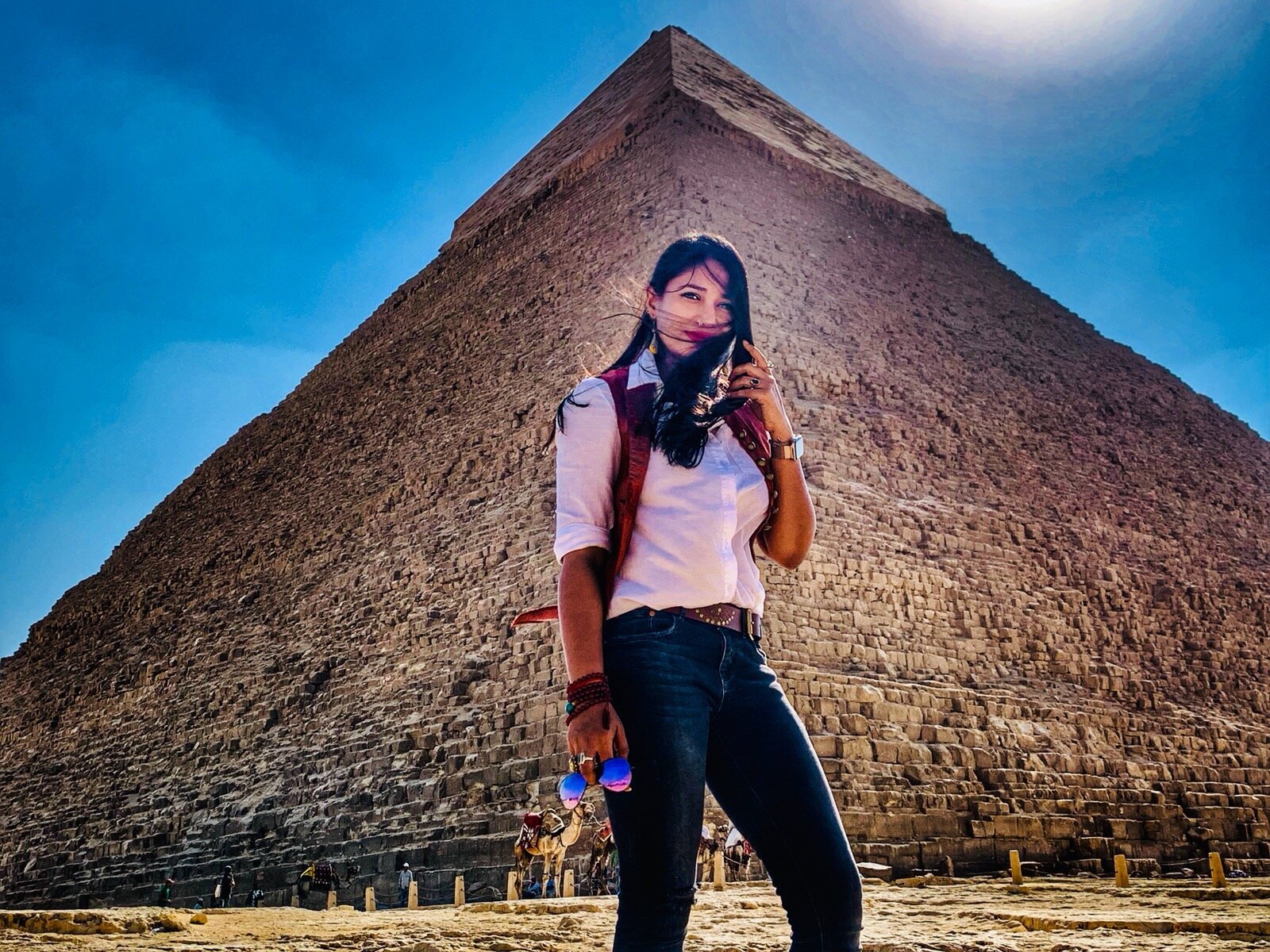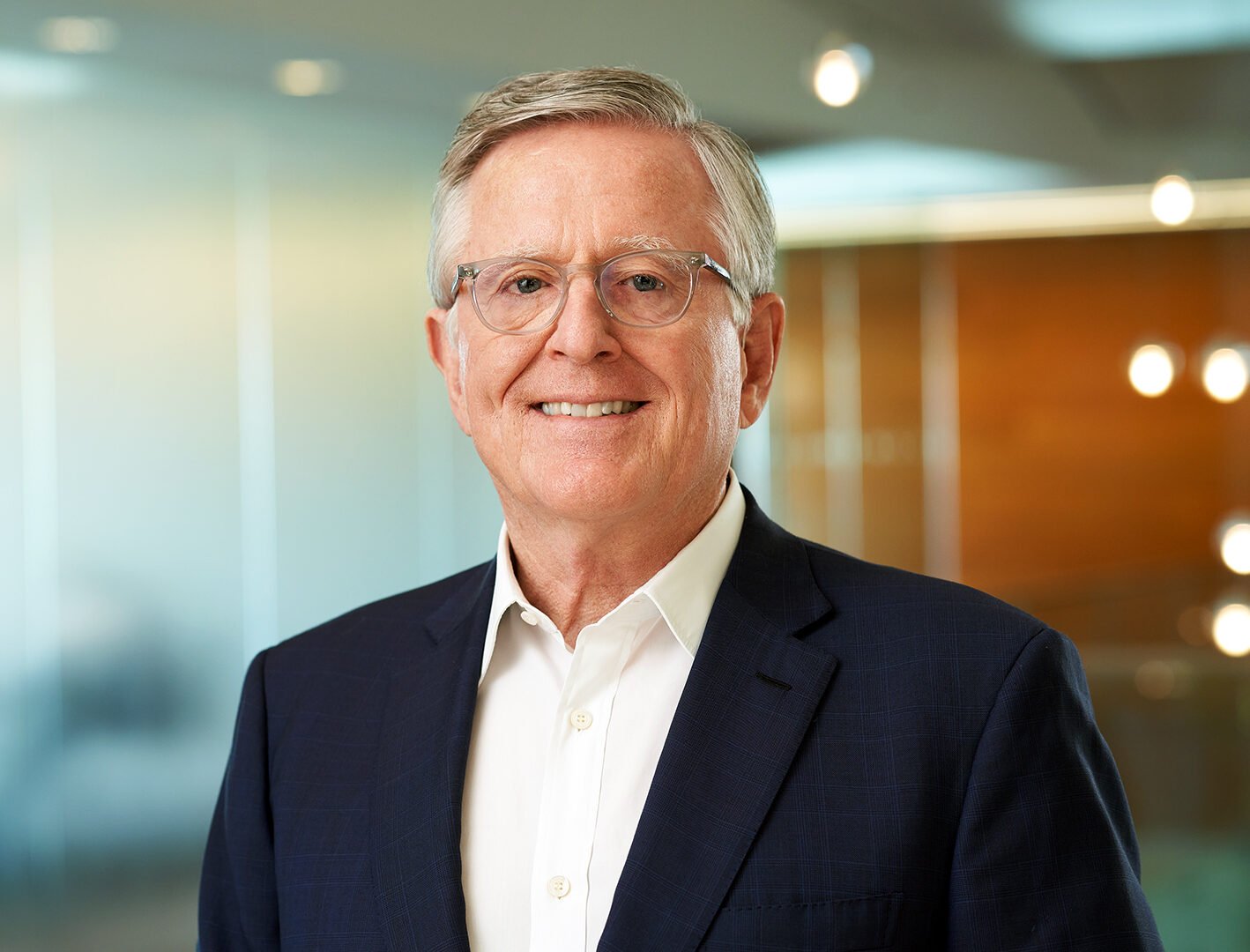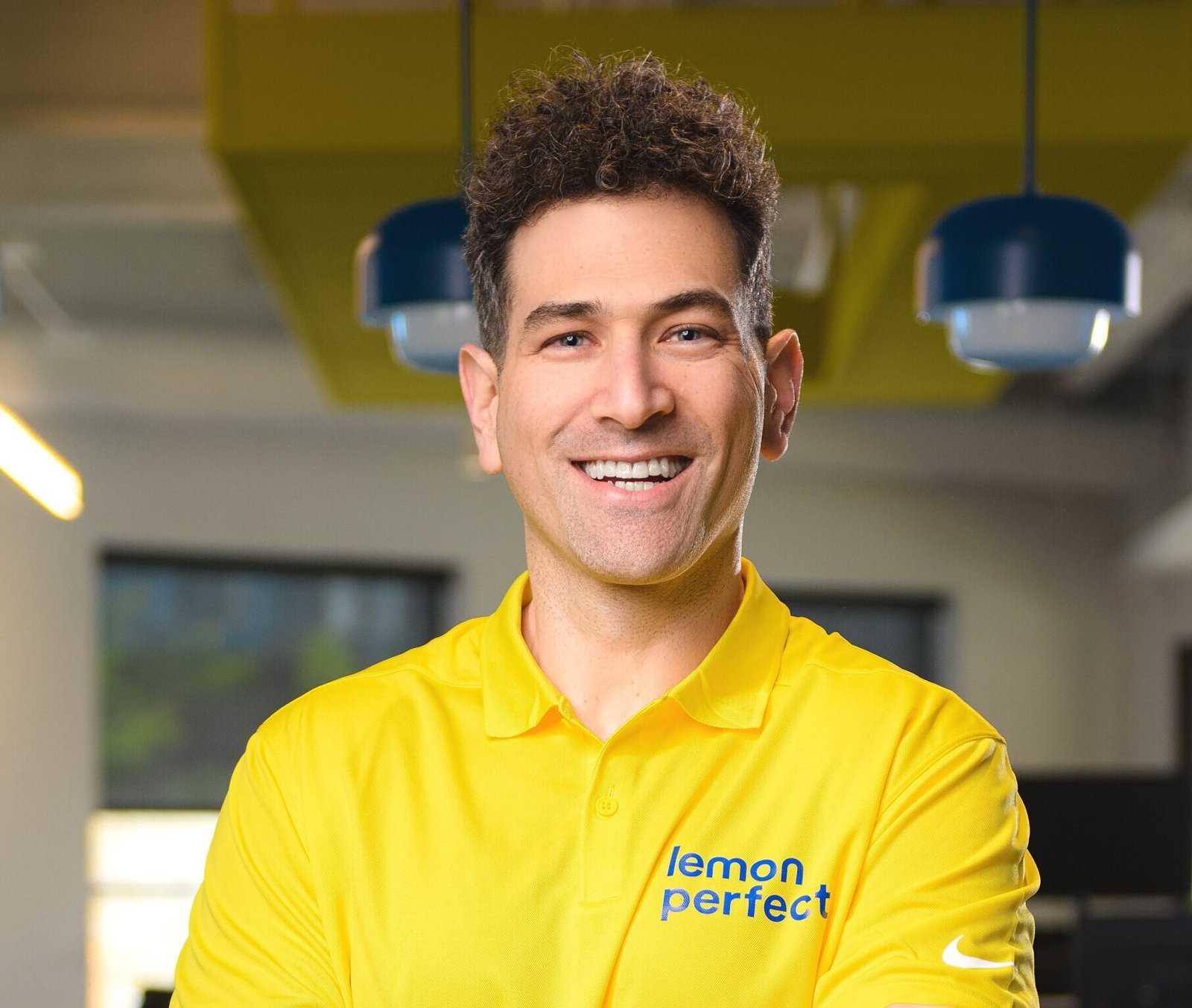I recently went one on one with Wasfia Nazreen. Wasfia is a National Geographic Explorer & Adventurer and the only woman to hold the two titles simultaneously. While she is best known for being the first Bengali and only Bangladeshi in the world to climb the Seven Summits (the highest mountains of every continent), she has won numerous national and global awards for her activism and commitment to empowering women through the field of adventure. She was named by Outside magazine as one of 40 women in the last 40 years who have advanced and challenged the outdoor world through their leadership, innovation, and athletic feats, and by Men’s Journal as one of the 25 most adventurous women of the past 25 years. Wasfia is the founder of Osel Foundation, which empowers marginalized girls from Bangladesh and Nepal through the outdoors. A global brand ambassador for Sherpa Adventure Gears and an Expedition Expert for National Geographic, Wasfia takes leaders on journeys into nature to connect with self, humanity and the earth to try to create positive change for the planet.
Adam: Thanks again for taking the time to share your lessons learned and advice. First things first, though, I am sure readers would love to learn more about you. What is something about you that would surprise people?
Wasfia: Thank you Adam for allowing me to speak with you and share my journey! Something about me that may surprise people, hmm… Well, first off, I think people tend to assume that mountaineers are these macho beings, often on a pedestal and never afraid. On the contrary, I am afraid of many things, including flying cockroaches (especially because you can’t kill them being vegan!) When we challenge ourselves by traveling and exploring unknown territories and come face to face with our fears, we allow ourselves to have an honest dialogues with ourselves.
Adam: How did you get here? What experiences, failures, setbacks or challenges have been most instrumental to your growth and success?
Wasfia: I was fortunate from a very young age to have the realization that if I wanted to live my dreams, I’d have to set myself free from the shackles of society, and no one else but myself could do it for me. I’ve always had this calling to find my path and remain committed to my aspirations. Women around the world, especially women in South Asia, don’t always get to decide for themselves. Throughout my life I have been told all the things that I couldn’t do instead of being encouraged to chase what I could do. Because of circumstances involving my parents’ divorce, I had to stand up on my own and think for myself from a very young age (twelve years to be precise!) From the very beginning, I have had more than a fair share of struggles raising myself and finding my true path. By the time I was thirteen years old, I had moved in with my aunty and her husband, in a completely different city and environment, and by nineteen, I left my motherland to pursue higher education and live the “American Dream.” Those formidable years, now that I look back, provided a strong foundation to tackle challenges when I grew up and went out into the world. But back then I didn’t know that obstacles are only opportunities. I grew up and functioned in an environment where success is measured by achievements only. With every setback comes great learnings and growth, and we have to be open to seeing it that way. The more we welcome the bitter events, the richer the experience.
Adam: What are the best lessons you have learned along the way?
Wasfia: I took a good orbital perspectives on my life’s formal education, which was mostly of liberal arts background. Frankly, it didn’t matter what subject I graduated in. What mattered was how many real people I made an honest friendship or connection with, how much struggle was I willing to endure, how truthful I was with myself first and that I became confident enough to get the work done. On that note, I would say – life, our entire life is a school of learning. We all have a long way to go, and it’s never too late to learn something new.
Adam: What would you like everyone to understand about your foundation and it’s work?
Wasfia: After I climbed the seven summits, I wanted to use the platform I had gained to rally support for women’s rights in Bangladesh. I started the Osel Foundation, which took marginalized girls back to nature to empower them to climb their inner mountains so they too can take decisions for themselves. In modern age, inner values are not something that is taught in schools. We are taught to excel externally in an already constantly distracted environment. While academic knowledge is important, we also need to learn how to traverse those inner mountains. Ultimately it is this connection with the self and nature that manifests the outer conditions, struggles and achievements. From a global perspective, all the upheavals all over the world we are witnessing in the current age, arises due to the imbalance of the inner elements. Our inner imbalances created by afflictive emotions such as jealousy and hatred, actually cause these outer imbalances, manifesting in natural disasters and war. When the outer elements become like enemies, I’ve learned to work within myself, strengthening virtues and accumulating merits, as the best antidote. But I had to find and learn this lesson only when I hit my rock-bottom and I wish this knowledge was available when I was younger. That is what inspired me to curate courses that enable tools to climb our inner mountains. Some of them are especially customized for women and girls in my country, while others are more general trainings that could work to empower adolescents and youth all across the spectrum. This year we are opening up the mentorship programs to few male youths as well, so they too can be in touch with their feminine sides, become leaders in their communities and aspire to work for women’s empowerment and gender balance. Currently, although we are working with a very small number of students, our aspiration in the next five years with Osel Foundation is to branch out all over Asia as I believe the struggle women face across the continent are very similar.
Adam: In your experience, what are the defining qualities of an effective leader? How can leaders and aspiring leaders take their leadership skills to the next level?
Wasfia: I’ve been very lucky in my life to have had so many great leaders from around the world as my mentors! I have also witnessed how leaders overnight can transform into dictators. I have learnt that the greatest leaders are the ones who are patient, transparent, humble and tolerant of others’ views. A true leader never imposes. Aspiring leaders and leaders may benefit knowing that, ultimately, we are all here to learn. And we should always be open to learning from others no matter who or how it is being offered from.
Adam: What are your three best tips applicable to entrepreneurs, executives and civic leaders?
Wasfia: First, given the current conditions of climate change, nothing will exist if our planet doesn’t. Therefore, I would encourage you to prioritize the earth’s well being alongside whatever field of work you maybe in, and focus on long-term sustainability, over fast development and/or quick solutions. Second, to be mindful of your authenticity and constantly keep yourself in check that your motivation and intentions are in the right place. And that your actions are matching your vision. Third, make sure to have fun! Getting too caught up in the seriousness of it all can often block fresh perspectives.
Adam: What is the single best piece of advice you have ever received?
Wasfia: “Find a way. There is always a way.” When you are functioning in such extreme conditions, it is easy to get caught up in the chaos of it all, and choose to give up. We tend to forget that there is always a way out (or in…) and this line from one of my teachers: the 17th Karmapa, has always given me hope, and the courage to know that anything is possible, no matter what the struggle may look like.
Adam: What is one thing everyone should be doing to pay it forward?
Wasfia: To understand and realize that life and everything in it is impermanent and to take none of this for granted. Our mere survival is interdependent and we all got to do our part to keep the web thriving.
Adam: What are your hobbies and how have they shaped you?
Wasfia: I have been extremely fortunate to be able to convert my passions into life’s work. I took the scary decision to leave my former development worker’s career, so the burdens that came with traditional nine-to-five jobs don’t tie me anymore. When work is love and love is work, “workaholic” takes a whole different meaning. I work around the clock, and sometimes compelled to since my workstations span three different time zones. But that is not healthy and can easily result in exhaustion and complete depletion. Only in recent years, I am learning to take care of myself. So during those moments of “me time” – meditation, yoga, reading and contemplation has been my hobbies.
Adam: Is there anything else you would like to share?
Wasfia: As females, we have a special connection to Mother Earth, you know our biorhythms are synced with her, just like how the moon controls the tides of the oceans. Anyone can tap into this power. For centuries, this earth has been imbalanced with masculinity over femininity. And when we connect with our inner selves, we are tapping into that, and also bringing a balance to this earth. We are all here for a very short time. And while we are on this temporary visit, it is essential that we be true to ourselves and maintain balance. The least we can do is leave her better than we found her.









